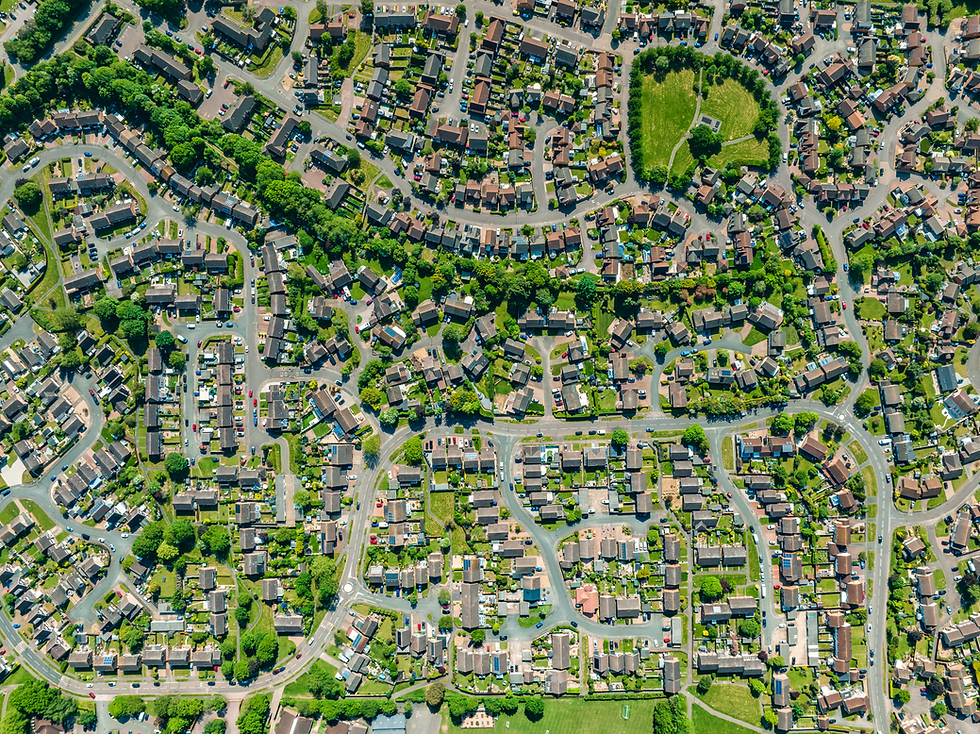Application Areas

Design long-term strategies to address urban heat and air quality risks
Climate Adaptation

Support compact growth, zoning reforms, and infrastructure investments
Urban Planning & Design

Enable cities to respond rapidly to extreme heat events or pollution spikes
Hazard Response

A Turning Point
for European Cities
Across Europe, cities face rising heat and persistent air pollution. Urban hotspots can reach temperatures up to 15°C higher than surrounding areas. Traditional tools are no longer fast or detailed enough to support effective urban interventions.
UrbanAIR is a research-driven platform that equips cities with the information they need to decide where to intervene, who to protect, and what to prioritise before challenges escalate.
This project addresses a global gap in mesoscale modelling, bridging the resolution valley between coarse continental forecasts and the fine, street-level realities of modern cities.

Our Vision
To help Europe’s cities become safer, healthier, and more resilient by transforming climate and behavioural data into real-time decisions.
Platform Architecture
UrbanAIR is not a single tool. It is a modular, multi-layered platform.
It integrates physics-based climate modelling, AI acceleration, live data, and behavioural simulation into a unified workflow.
Multi-Scale Integration
Connects Destination Earth forecasts with high-resolution urban models
Digital Urban Twin
Simulates airflow, pollution, and infrastructure impacts at the building scale
AI-Based Emulators
Accelerate complex simulations using trained machine learning surrogates
Uncertainty Quantification
Applies statistical methods to express confidence in forecasts
Multi-Fidelity Modelling
Combines LES, RANS and analytical models to balance speed and precision
Agent-Based Behaviour Modelling
Simulates how people respond to heat, alerts, and pollution events
Scenario Testing
Evaluates interventions such as green zones, cooling networks, or mobility restrictions
Confidence-Based Guidance
Supports decision-making under uncertainty with risk-aware metrics
Application Areas
Climate Adaptation

Design long-term strategies to address urban heat and air quality risks
Urban Planning & Design

Support compact growth, zoning reforms, and infrastructure investments
Hazard Response

Enable cities to respond rapidly to extreme heat events or pollution spikes
Research & Co-Development
UrbanAIR follows a living lab model. All tools are co-designed and tested with municipal partners to ensure relevance and usability in real-world decision-making.
Action Cities
Barcelona & Antwerp
These cities are actively involved in guiding model development, testing tools, and evaluating results in practice.

Learning Cities
Paris, Rotterdam & Bristol
These cities contribute data and use cases to test the platform’s adaptability across diverse urban and climatic contexts.

Impact Goals
UrbanAIR enables high-resolution, street-level air quality modelling at 100–200 m resolution. This precision allows cities to identify pollution hotspots and plan targeted interventions such as optimising green space and improving traffic management to reduce emissions and urban heat.

By combining behavioural modelling with urban design strategies, UrbanAIR helps reduce exposure to air pollution and extreme heat. The result is healthier urban environments that promote wellbeing and reduce health inequalities, particularly for vulnerable groups.

UrbanAIR supports uncertainty-aware decision-making to guide resource allocation. By identifying high-impact, cost-effective interventions, the platform helps cities invest in infrastructure and climate resilience with confidence and long-term value.

UrbanAIR offers integrated decision support tools that combine physical and behavioural modelling. These tools help policymakers design and implement effective responses to climate-related urban challenges, aligned with the EU’s Destination Earth goals.

The project advances the development of open, interoperable digital twin components. By contributing to standardised interfaces and open-source tools, UrbanAIR strengthens transparency, scalability, and collaboration across Europe’s digital twin and climate modelling ecosystem.

